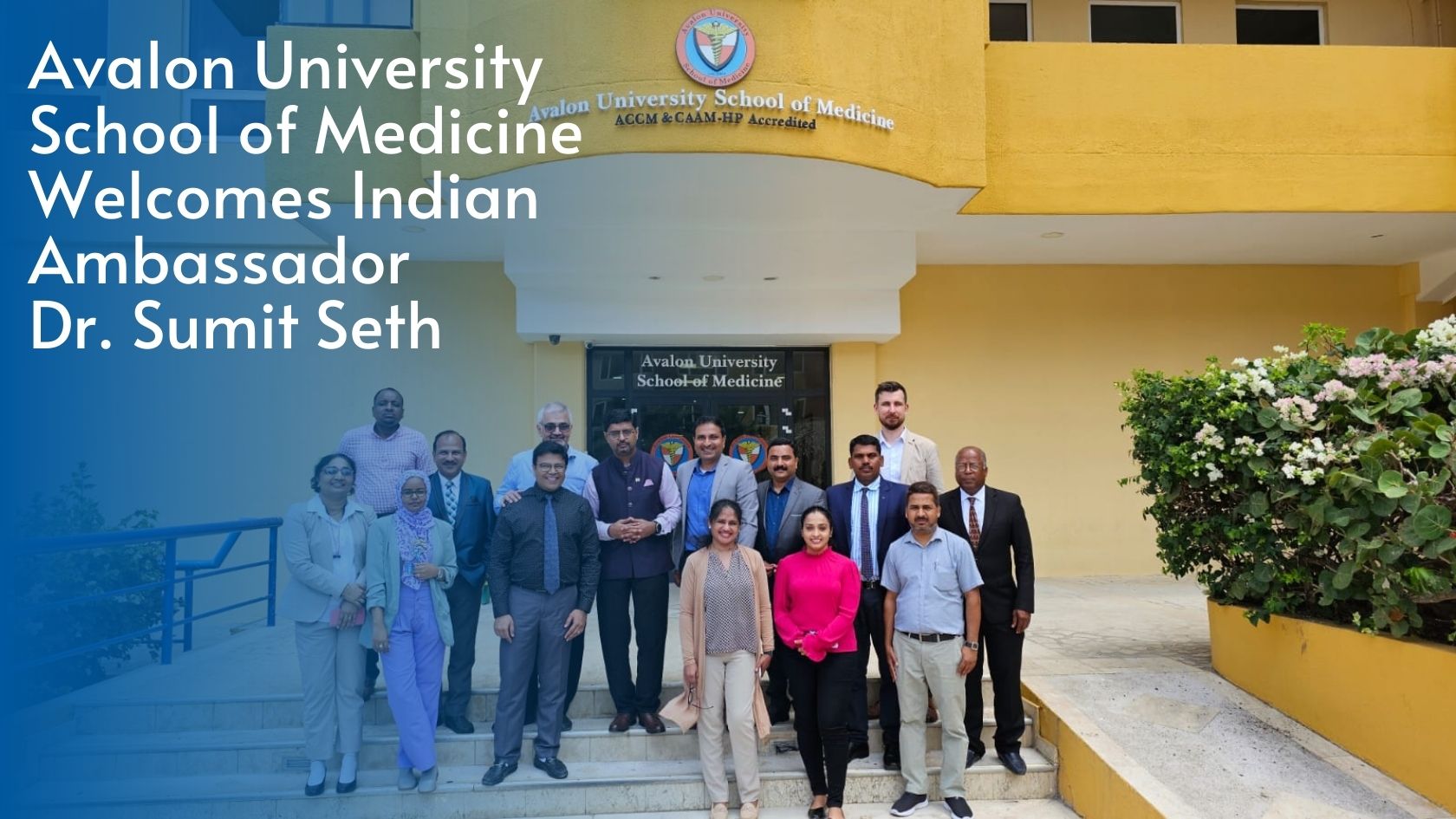The Next Frontier in Public Health:
Harnessing the Power of Medical Professionals for a Healthier Future
Public health is the branch of medicine that deals with the prevention of disease and the promotion of health among populations. Medical professionals play a vital role in addressing public health challenges by providing preventive care, educating patients about healthy behaviors, and advocating for policies that promote public health.
Public Health Challenges
- The rise of chronic diseases: Chronic diseases such as heart disease, stroke, cancer, and diabetes are the leading causes of death worldwide. These diseases are often preventable or can be managed with lifestyle changes and medication.
- Infectious diseases: Infectious diseases such as HIV/AIDS, tuberculosis, and malaria continue to be a major threat to public health. These diseases are often spread through poverty, lack of sanitation, and lack of access to healthcare.
- Mental Health: Mental health is a growing public health concern. Mental health disorders such as depression, anxiety, and schizophrenia can have a devastating impact on individuals and their families.
- Health disparities: Health disparities are differences in health outcomes between different groups of people. For example, African Americans and Latinos are more likely to die from heart disease and diabetes than white Americans.
- Climate change: Climate change is a major threat to public health. Climate change can lead to more extreme weather events, such as hurricanes, floods, and droughts. These events can cause injuries, death, and displacement.
The Role of Medical Professionals in Addressing Public Health Challenges
- Providing preventive care: Preventive care, such as vaccinations, screenings, and counseling, can help to prevent chronic diseases and infectious diseases.
- Educating patients about healthy behaviors: Medical professionals can help patients to make healthy choices by educating them about the risks of smoking, unhealthy eating, and lack of exercise.
- Advocating for policies that promote public health: Medical professionals can advocate for policies that promote public health, such as tobacco control, healthy eating initiatives, and access to healthcare.
- Working with communities: Medical professionals can work with communities to address public health challenges by developing culturally appropriate and tailored interventions.
Examples of How Medical Professionals are Addressing Public Health Challenges
- Doctors Without Borders: Doctors Without Borders is a humanitarian organization that provides medical care to people affected by conflict, epidemics, disasters, or exclusion.
- The Centers for Disease Control and Prevention (CDC): The CDC is a federal agency that works to protect the public’s health from disease, injury, and disability.
- The World Health Organization (WHO): The WHO is an intergovernmental organization that leads international efforts to improve health.
Medical professionals play a vital role in addressing public health challenges. By providing preventive care, educating patients, advocating for policies, conducting research, and working with communities, medical professionals can make a significant difference in the health of populations around the world.





